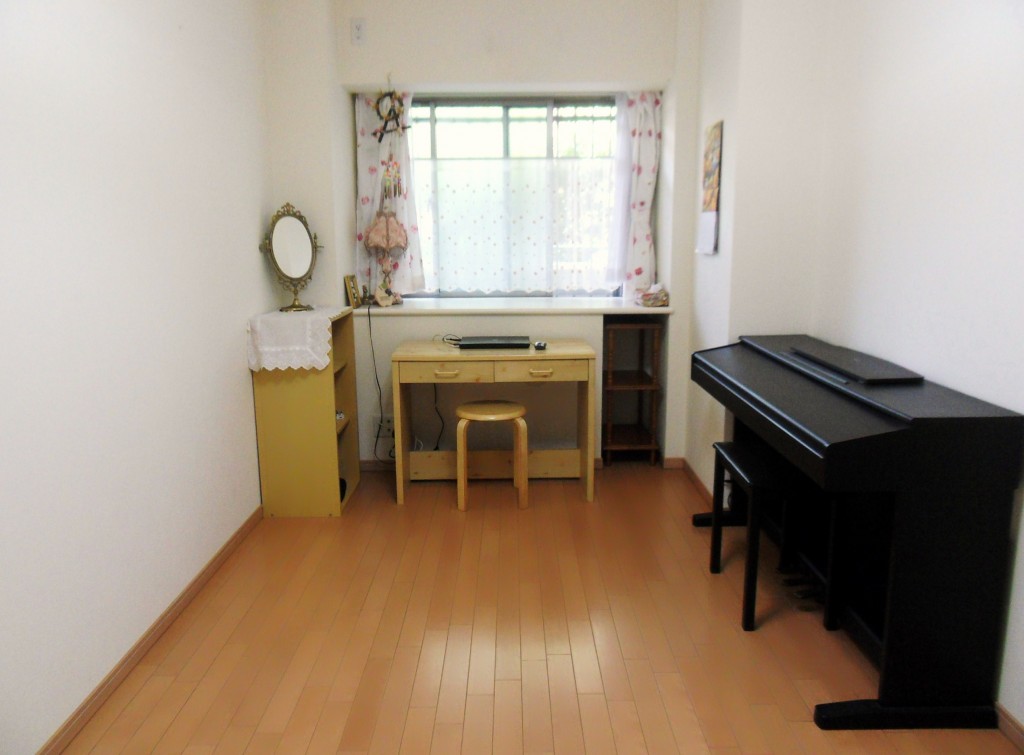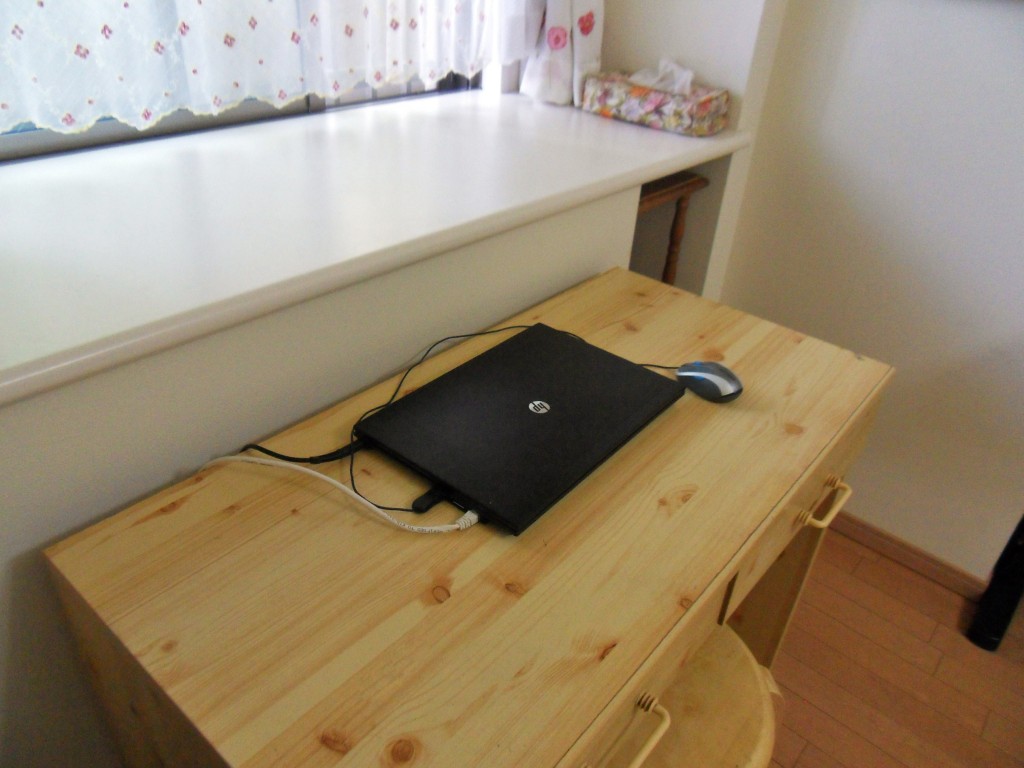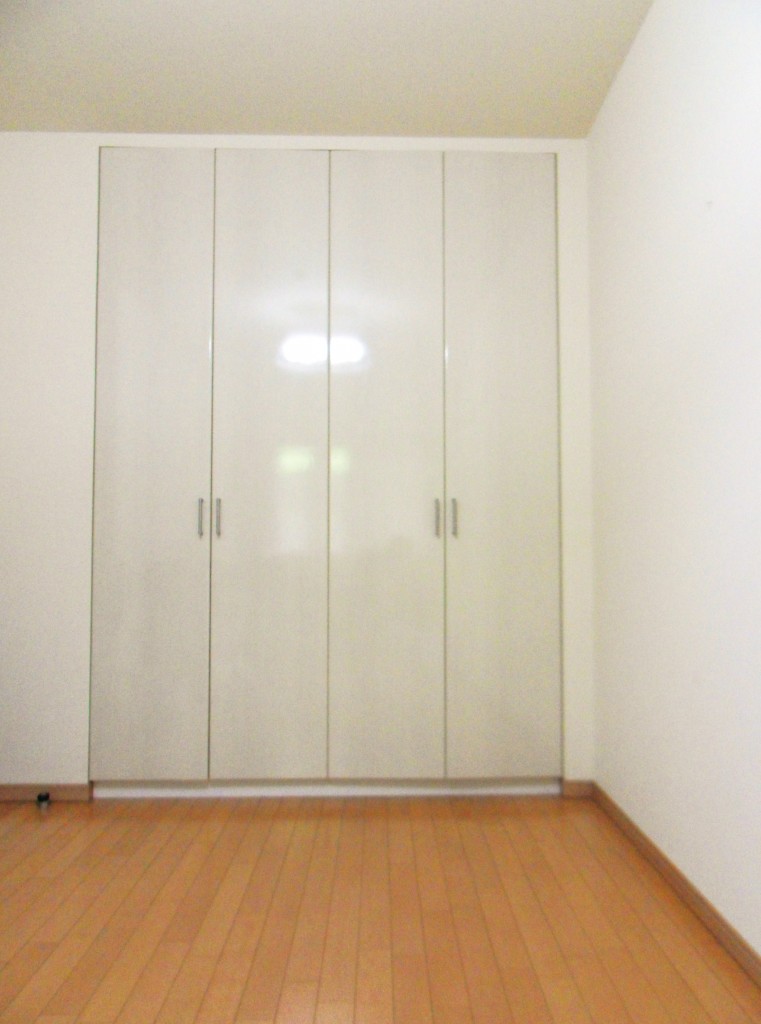For the last year, I’ve been on a vegetarian diet. I didn’t eat any meat (except for fish very occasionally) and based my diet on vegetables, rice and many other kinds of plant based foods. I made the switch by gradually reducing my meat intake during summer last year so that by the time I moved to uni, I didn’t have any problems cutting it out. Since I cooked for myself, it was very easy to buy ingredients and make whatever I wanted to eat (or not to eat).
However, unfortunately, once I fly for my year abroad, I will have to give it up. The reason why I can’t continue to be a vegetarian (as much as I would love to) is because it would impose a lot of difficulty on my host family. I think it would be too hard for my them to prepare a separate meal for me every single day in a country that pretty much bases its food pyramid on rice, fish and beef. I will try my best to eat as little meat as I can, but I also don’t want to ‘miss out’ on some cultural experiences.
Just a quick note, I’m not trying to convert anyone and I’m not saying eating meat is evil or any of that stuff. I’m simply just reflecting on the few things that I learned during my year of being a veggie.
lessons from the humble veg
1. Everyone has their reasons. I didn’t really tell anyone I was a vegetarian unless it was necessary, such as when they were making me dinner, or we if were going out for one. This was because if there’s one thing I can guarantee it’s that as soon as I tell somebody, the first thing they’ll say is “why!?“, after which I have to give my much rehearsed spiel of “it’s a combination of mostly health for me, but I also care a lot about the animals and the environment…” and so on. I’ve said it so many times that I wish people would just say something like “okay, cool” as if I had said “I don’t like the color pink” and be done with it.
I’ve learned that although I should be grateful that people are interested, many people simply just like to question your reasons instead of accepting what is.
2. Not everybody will understand. I used to like to eat meat, but I didn’t love it so much that I would defend it to my death. In the beginning, I didn’t know what to expect when people found out, but now I know that there are some who find it very hard to just be respectful about it. Some people were fine, they would ask me if it was okay for them to eat meat in front of me (to which I replied ‘I don’t care about other people, just that I didn’t eat it’). But some acted like I was trying to convert them or something and would immediately go on the defensive about it. “But those animals wouldn’t even be alive if it wasn’t for us!“. “It’s not our fault we’re on the top of the food chain!“. “But don’t you need meat for protein!?“. At first I would argue that all of these reasons were pretty much invalid but in the end I just gave up having debates everyday before my dinner and just let it go.
I’ve learned that some people, rather than be understanding, respectful or even tolerable about it, would rather argue their own point to justify their meat eating.
3. It’s not just leaves. Now onto the good stuff. Since becoming vegetarian, I’ve learned to cook about four or five times as many different dishes than if I had stuck with meat. I learned to use different types of rice, all kinds of beans, nuts and lentils, mushrooms, vegetables I’d never tried before and lot’s of seasonal fruit. I would have probably missed out on easy and quick ways to put together salads, soups, pastas and entire courses if I’d just stuffed myself with a burger and chips. As a bit of a foodie, all of these lessons were absolutely enlightening. (Also, yes, I did lose a lot of weight ;))
I’ve learned a lot about my body, what constitutes a healthy diet and about preparing food in general.
4. Willpower can be amazingly strong. Personally, I have always found it difficult to resist really fattening things like chocolate, cakes and desserts. So I don’t buy them. But when they’re in the fridge for the rest of my family whilst I’m at home, it takes an absolutely enormous amount of willpower for me to resist it. When I first started to give up meat, it was a little difficult and I would almost forget sometimes. However, I’ve noticed that over time, it became easier and easier for me to resist until I got to a point where I just didn’t feel like I wanted to eat any at all. It’s very rare now that I want to eat meat, and I never have cravings for it.
I’ve learned that the way to treat cravings is to not feed them and eventually they will die. Now if only I could apply this to chocolate.
5. Fresh and simple food is the stuff of life. Finally, I’ve learned that food isn’t something we should feel bad or guilty about. It’s fuel for the body, and fuel for the soul. It should make us feel happy and healthy. It should give us energy, not drag us down. Preparing food should be a joy, not some stressful routine we have to endure. We should eat foods as close as we can to how they’re given to us by Mother Nature, not canned, baked, boiled and fried until it’s barely recognizable.
I’ve learned to be more grateful for my food and what it really means to be closer with nature.
Related Posts



